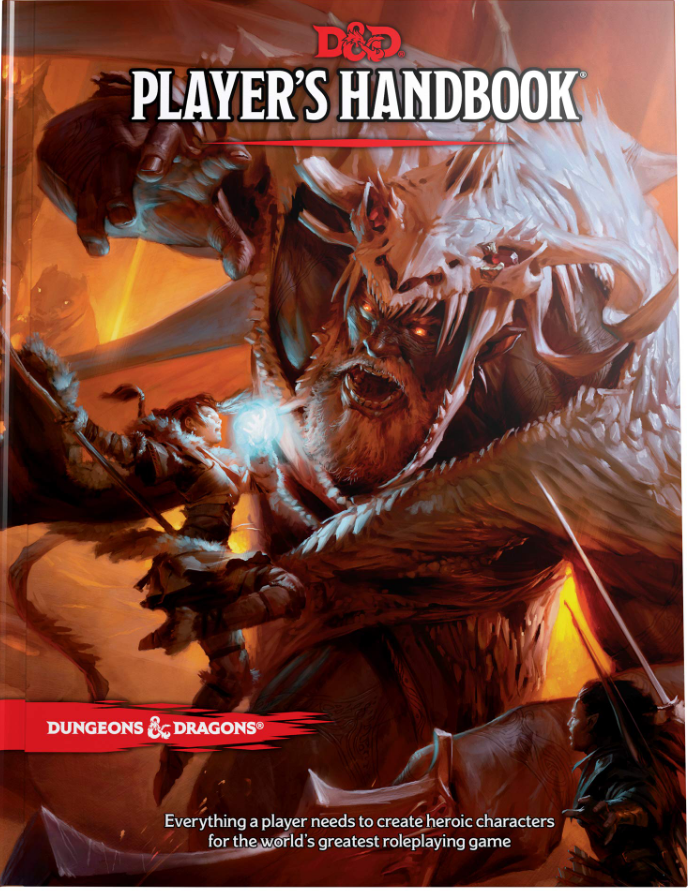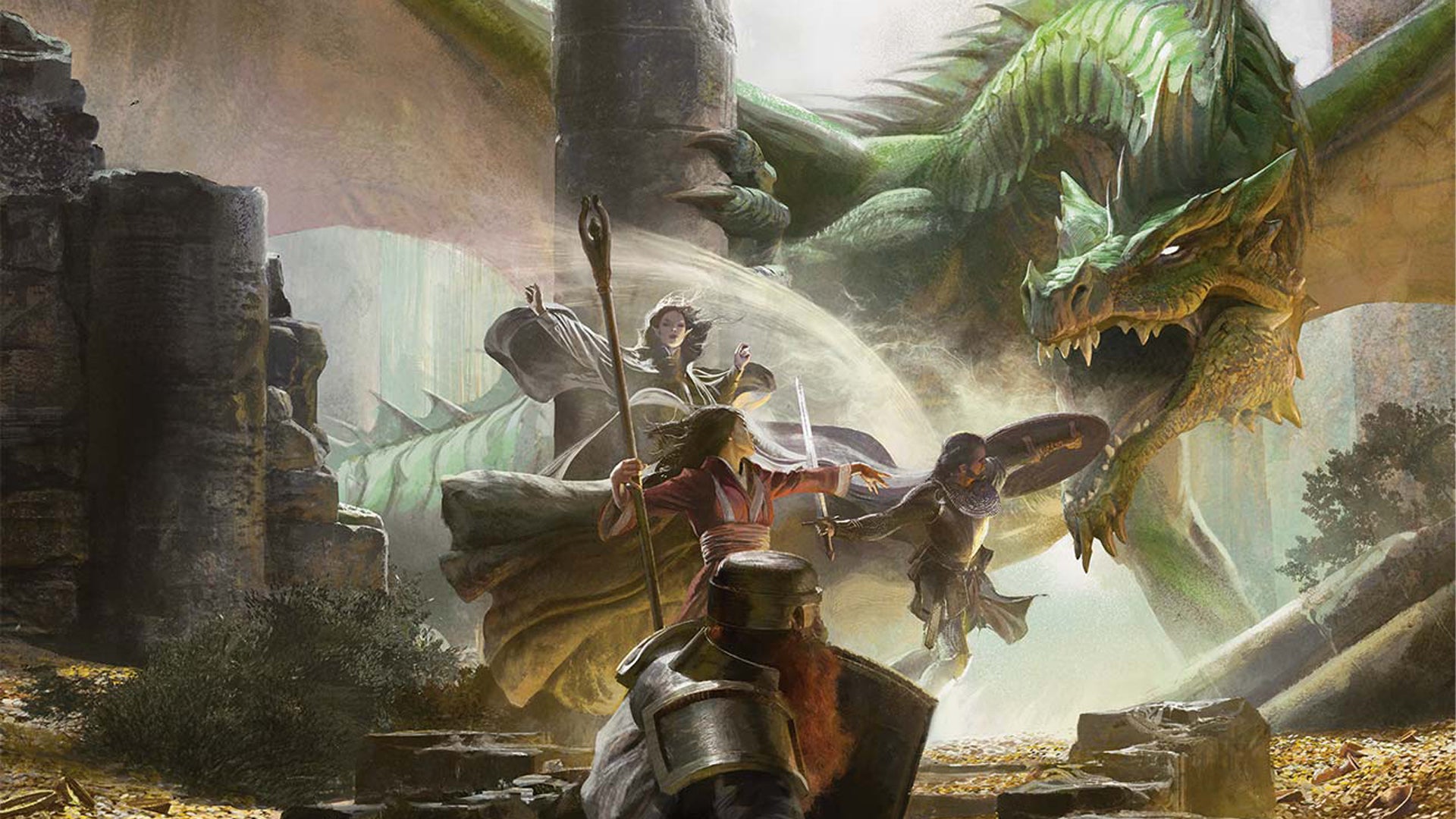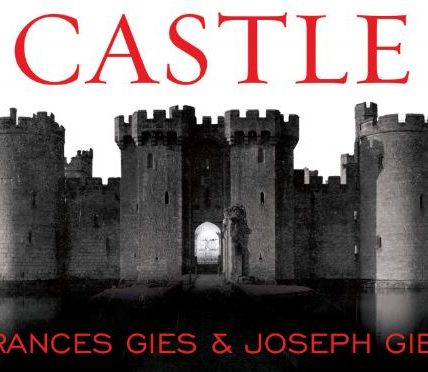In recent weeks, we have managed to play a few longer sessions live. The choice fell on the latest edition of Dungeons & Dragons. We’ve played the 3.0 and 3.5 editions for a long time, and since the 5th edition is available on the Polish market, we have to check why it’s so popular. Below are the first impressions and observations of this RPG from Wizards of the Coast. No, we didn’t play the 4th edition, and I’m not making any comparison with it.
In order not to go bankrupt, we only used the Player’s Handbook for the game. The party is just approaching 3 level, and when it comes to mechanics, this one book is enough to get you started. The problem arises when you want to introduce some magic items into the game. Their descriptions and rules are available in the Dungeon Master’s Guide. As DM (GM), I was able to equip myself with the materials available on the Internet – which are many, so it is also not a big problem. D&D Beyond itself is a mass of official materials. Not having a description of the monsters was not a problem, you can rely on the abilities and skills that are simply available to the players.
The Dungeon Master screen is also not necessary at the beginning, you can print the most important tables about features, skills, names, modifiers and other selected things.
After some 30 hours of gameplay, I can say that:
- the system, or setting more precisely, is a classic fantasy. Thanks to this, you can fit practically everything you want there. Most people can easily find the right character class or race for themselves
- system is very simple. It is really very simple, even too simple. It is a pity that a lot of skills have been thrown away. Also the base level modifier of the character resulting from the level has been reduced. For beginners in RPG, it is definitely a big advantage, for someone experienced it may be boring at first
- system makes some things so much easier that you just want to cry. You can help another character with a skill test without being proficient yourself – that is, without knowing it. In short: bullshit. Same as the fact that anyone can test any skill – at most, it’s harder when there is no proficiency. Armor, shields, somehow impoverished, so in addition it is not encouraging you to have higher Dexterity – the bonus that can be used while wearing armor has been very limited
- the fight seems easier, faster and less complicated – especially it should be faster at higher levels due to the lower number of attacks. Special abilities are achieved when heroes level up, and it’s easier to handle combat at the beginning (we never play using flip-mats or something like that). On the other hand, not every character can use a variety of maneuvers in combat, and this is a plus for a fighter who is actually a combat specialist
- a wizard who has no limit on casting a cantrips (very weak spells, only a few you can have) is shocking news. On the one hand, the atmosphere of playing with economical, but powerful magic disappears. On the other hand, when choosing a cantrip to fight, the character always has something to do in the style of his hero
- the characters seem very different from each other, which is definitely a plus. Every level, everyone gets something more or less interesting as part of tier, so it’s nice that there are no “empty” advancements
- many classes have access to magic within archetypes. This way magic becomes a bit common, and the wizard is no longer such an interesting creature
- ideas for filling the time between adventures are a good concept. They allow to carry out various activities and can generate ideas for further adventures
- the system of advantages/disadvantages works well, it speeds up the game
- selecting background (outside of class) for a character allows you to create a more interesting hero
- on the one hand, choosing an archetype for a character is a cool thing that allows you to implement your own story concept. On the other hand, there is less selection of perks and increasing ability scores.
Since these are the first sessions with this mechanic, I decided to play the game with textbook rules as much as possible. Later I will think about possible changes, after testing the system in the default version.
But since a few rules did not suit me very well, I modified a few solutions at the beginning:
- you can choose a feat instead of increasing a trait when you level up a character (optional rule from the Player’s Handbook)
- we calculate the load according to the rules described in the Player’s Handbook. Certainly not every coin, pants and candle. But sometimes these 6 swords, 2 bows, 3 armor are suspiciously a lot
- for a short rest, you need to use a Healer’s Kit to regenerate wounds (optional rule from the Dungeon Master’s Guide)
- with a long rest, the Hit Points do not regenerate completely, but just like with a short rest – you need to use dice from the Hit Dice pool (optional rule from the Dungeon Master’s Guide). Additionally, HP regenerates in an amount equal to the Constitution bonus
- to identify a magical item, you need to use the Identification spell. It is not enough to associate with item while resting (optional rule from the Dungeon Master’s Guide)
- during rest, the heroes have to perform a short role play between them. This helps to raise the atmosphere, build the history of the team and explore various plots (optional rule found somewhere on the Internet).
To sum up, the impressions have been mixed so far. Perhaps it is a matter of us getting used to the earlier edition of DnD, or perhaps a terrible simplification of the game. It does not change the fact that we plan to play a few more sessions, additionally using a set of basic handbooks.







